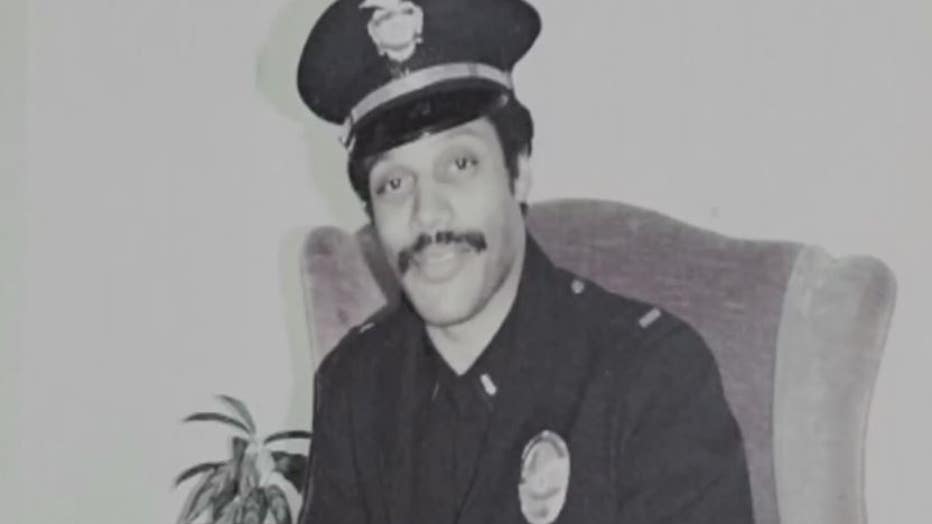Former LAPD chief gives exclusive insight into current events
LOS ANGELES - The last time I saw Bernie Parks he was still in office at LA City Hall, as a city councilman representing the 8th council district. That job followed his tenure as LAPD Chief.
But today was a new Bernie. It was good to see him. At 76, he was more relaxed and reflective than I could ever recall in years past. Parks took me outside and showed me his garden where he enjoys growing mint and succulents among other plants. He joked that when he made mojitos he simply walked outside and “ grabbed a bunch” of the herb.
This is a man who certainly knows how to grab the spotlight. Born in Texas, but made famous in LA, Parks brings an unique perspective on how to keep the streets safe, while respecting the rights of the citizen. He was appointed LA Police Chief, elected to the LA City Council. And named one of People Magazine’s “Most Beautiful People.” All of these achievements made him one of the most prominent African-Americans ever in LA circles.
With the coronavirus still a threat and the “safer at home order” in place, I asked him if he had been watching the dizzying news events on television in the last few weeks. He said “ Yes. ...but at some point they become repetitive.” Sometimes he turned off the television.

Parks told me from his Baldwin Hills home he wasn’t surprised by the recent events. Some of the events after the killing of George Floyd, an unarmed man in Minneapolis under the knee of a police officer, reminded him of the Rodney King case. He was an assistant chief in 1992 trying to prevent escalating violence at police headquarters in downtown LA. That’s when numerous demonstrations across the city of LA turned violent.
There was looting and vandalism and spot fires. He recalled calling for back up, but was told units in the Newton Division were already stretched thin trying to protect neighborhoods in South LA and couldn’t come to Parker Center. Things he said, “ quickly spiraled out of control” after the first verdict in the Rodney King trial. It would take days to wrest control back. What surprised him during the 2020 BLM civil unrest was the length of time it lasted and its international impact.
I asked him if he had hope that one day cries of racism and police brutality could be overcome. He said someday they would but he saw “no massive reform in his lifetime.” He elaborated further. People say “Let’s reform police. But if we are going to reform police we have to reform society. We don’t breed police. They come from society. Unless you raise healthy educated kids society will have these ills.”
And he expressed empathy for police officers in the field. Today there is a great outcry for better, more enlightened training of police officers. Sounding a bit conflicted, Parks said, “I’m not justifying what occurs. I don’t think it will ever get to the point where it never happens again. Cops are human beings. And these are dynamic situations where there is danger.”
He added in order for there to be real change there must be “sustaining influence.”

